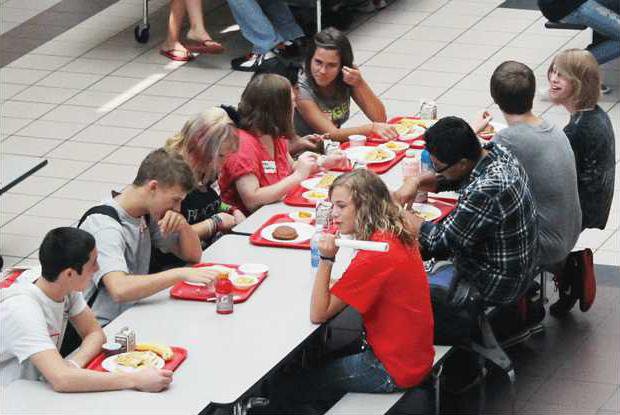Freshmen had exclusive access to Great Bend High School Wednesday for orientation and the first day of school. Instead of fear reigning the halls, mentors were on hand to make sure their transition into high school went smoothly.
“Incoming students can walk through the halls without getting hurt now,” said GBHS Principal Tim Friess.
Six years ago, that would not have been the case.
In the five years the program has been in effect, hazing incidents have shown a steep decline.
“It used to be the lowerclassmen were scared to walk the senior hall because they didn’t know what would happen to them,” Friess said.
Teachers had to be in every stairwell and in the halls to keep an eye out. According to Friess, that’s changed now.
“Instead of seeing upperclassmen hurting the lower classmen, we see them helping.”
Gone are the days of “payback” culture, where juniors and seniors hazed new students because it happened to them. Friess said today’s culture is one where students want to make things better for the new students coming in.
GBHS senior Bonny Boulting-House is serving her second year as a mentor. She remembers going through the program as a freshman.
“It was really nice,” she said. “ I looked up to the ones that helped me out, so I wanted to become one.”
Before her junior year, she signed up and went through an interview and had to receive two recommendations to be accepted into the program. She enjoyed it so much, she jumped on the chance to continue. As a senior and returning mentor, she was already approved. Only juniors and seniors may be freshman mentors.
As students arrived early Wednesday morning, they were assigned to groups with four to five students to two mentors. These mentors were chosen because they will be part of these freshmen’s advisory class. Instead of attending regular classes, students and their mentors attended informative programs, found classrooms and met teachers, learned about the computer system and received usernames and passwords, and shared lunch together in the commons.
The high school uses block scheduling, with eight classes, four on each day. There are red and black days, which alternate each week. One week, students will attend the same four red classes on Monday, Wednesday and Friday, and the next week on Tuesday and Thursday. Advisory is a mandatory class for all students that always meets on red days. After freshman mentor day, mentors will continue to meet with their freshman on each red Tuesday and Wednesday in a session and mentoring program through the month of December, Boulting-House said. These sessions help build bonds between the students and mentors. They play “get to know you” games, answer questions about school, and generally become familiar faces in the crowd, she said. After December, they continue to meet with these students, but sophomores and juniors in the advisory group also join in, and it is less formal.
Vice Principal Brian Vesta said the advisory classes are assigned one teacher that will stay with the students throughout their high school career. This teacher will get to know the students, and be able to better monitor their progress and if necessary, get them needed help.
“Less kids fall through the cracks this way,” he said.
Students who are not freshmen, but are new to the district, are not included in the mentoring program. Vesta said he’s thought about how to include new students, but there are two obstacles. First, most new students don’t enroll until the last minute or after the school year starts. Second, many upperclassmen comming from other schools do not want to attend. There is still a stigma to being grouped with younger students, Vesta said. These students still receive the benefit of being assigned to an advisory teacher.
Friess said the mentor program has made the biggest difference he’s seen in the school culture since it began. Allowing the freshmen a day to get their bearings helps them to feel ready for high school.
When Thursday morning comes, however, he still anticipates seeing a lot of wide eyes from these younger students.
“Today, they’re finding their classes, but tomorrow, there will be four times as many students in these halls,” he said.
At lease in that see of faces, there will be a few familiar ones to help point the way.
WELCOMING ATMOSPHERE
Mentors show freshmen the ropes at GBHS





